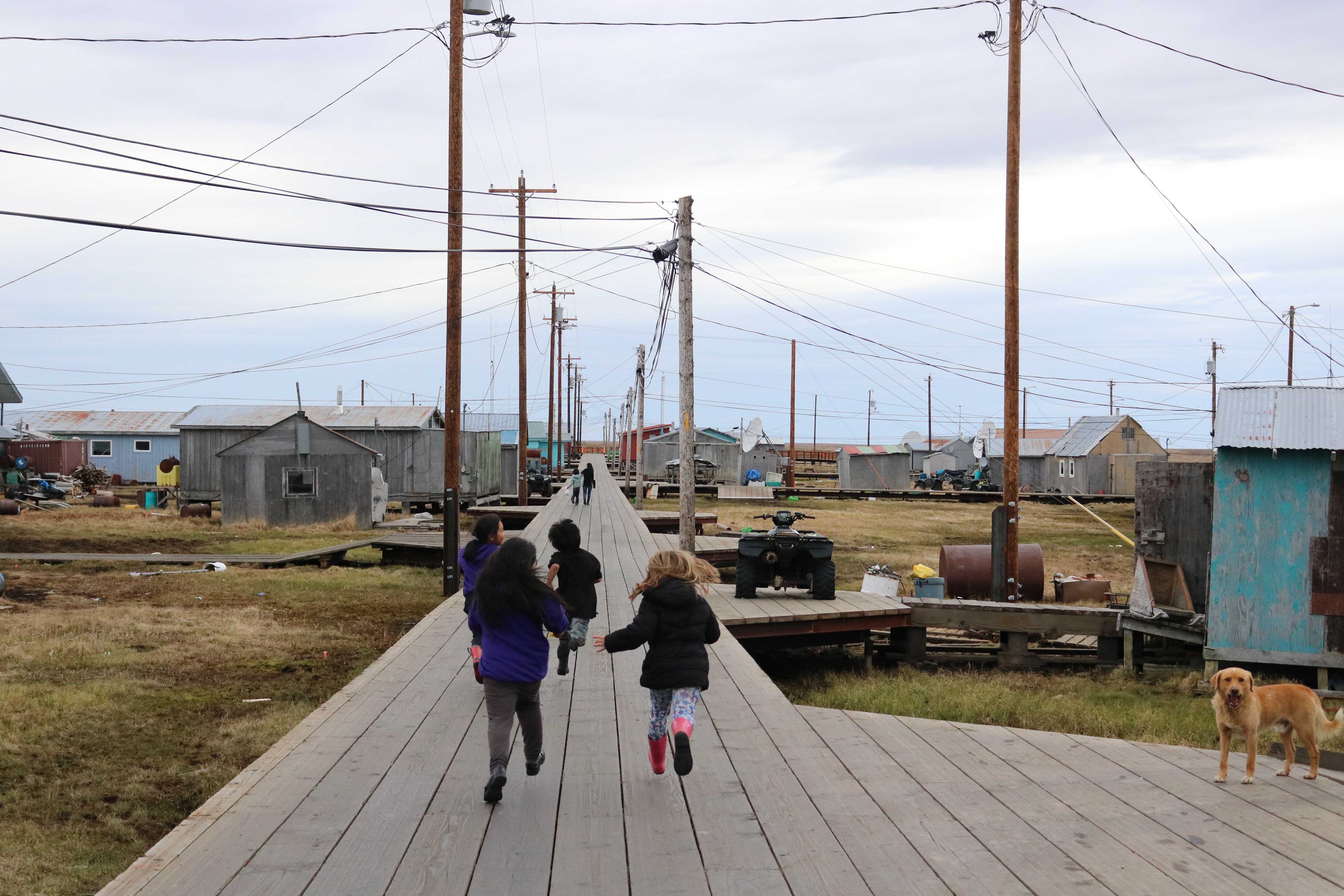New Partnership Will Strengthen Energy Resilience in Alaska Communities

A new partnership announced by the U.S. Department of Energy will provide resources and access to on-the-ground support for remote and islanded communities across the U.S., including in Alaska and Hawaii, that seek to transform their energy systems and lower their vulnerability to energy disruptions.
The Energy Transitions Initiative Partnership Program will leverage the support from many DOE national labs and technology offices. ACEP researchers will provide local expertise and technical assistance, working closely with UAA Institute of Social and Economic Research partners and Alaska communities. They’ll also work with colleagues from the Coastal Studies Institute, Hawaii Natural Energy Institute, the Island Institute and Renewable Energy Alaska Project.
"ACEP is excited to continue its work as a trusted local partner with Alaska communities to help give voice to their priorities with respect to energy and resilience issues, and to facilitate communication with appropriate partners who can assist with sustainable solutions," said ACEP ETIPP project lead Erin Whitney.
The ETIPP network will provide technology-neutral technical assistance that prioritizes local challenges, values and goals. The program will support at least three cohorts of communities, with an anticipated 12- to 18-month project per community. In winter 2020, communities will be able to apply to participate in this collaborative effort to achieve their resilience goals.
For more information on this partnership, please contact Erin Whitney at erin.whitney@alaska.edu.
Kids run down a boardwalk in Kongiganak. Photo by Amanda Byrd.


